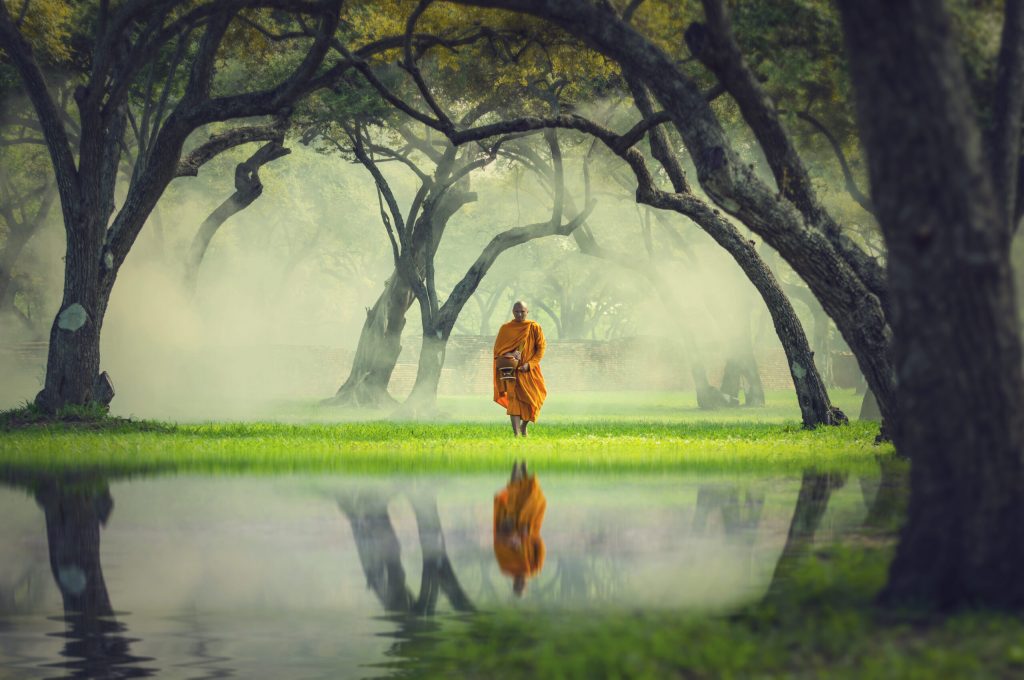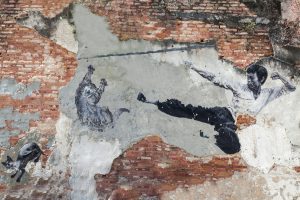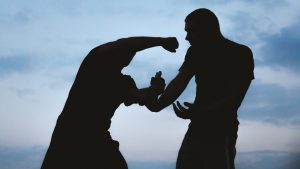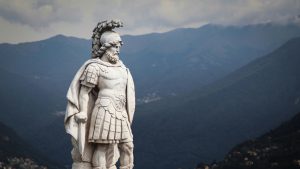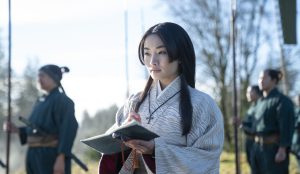Tune into the news today and you’re likely to see negative developments. War. Recession. Pandemic.
But the year could be 2022 or 1922: these are not new problems. And just as the problems themselves are not new, we can call upon ancient sources to find solutions to deal with stress and anxiety.
At Shaolin temples, warrior monks practiced Chan Buddhism as a way of combating stress associated with uncertain, unexpected eventualities.
One of the core tenets of Buddhism states that “attachment is the root of all suffering.” Change is unavoidable, and the only way to truly deal with it and avoid suffering is to hold onto nothing and embrace the certainty of uncertainty.
Modern science would agree that there is a huge difference between pain and suffering when reacting to the daily news and societal panic. But while pain may be inevitable, suffering is a choice we make when we hold onto the pain.
Buddha devoted his life to the eradication of suffering in people. Today, we can follow his philosophy by detaching from expectation. Instead of attaching ourselves to the success or failure or a particular endeavor, we can take whatever may arise in stride.
All attachment comes from our inner emotional state. A practical way to confront these emotions is to do a quick detachment exercise.
The next time you feel stress or anxiety, try to recall the ancient Shaolin monks and detach from your worries.
One practical way of doing this is to control one’s focus when scared or panicked.
Instead of mentally telling yourself “I am scared…” or “I am anxious…”, it is other greater benefit to step out of yourself and state “ah, someone is frightened…” or “there is anxiety, this is interesting.”
By not attaching the emotion or thoughts we have to the concept of “I” , we instantly can detach and become more objective concerning the global events that surround us.
All fears, we are convinced, ultimately come from the ego’s fear of annihilation. It is the ego responding to external stimuli, not our internal consciousness.
NEW! Put the principles from this article into practice with the free courage-boosting MaArtial app on the App Store for iOs and Play Store for Android.
Observing our thoughts as an outsider can lessen the impact of our attachment to them, and stepping outside of the ego is a tried and tested method for retaining a higher connection to all nature and the universe.
Never forget that pain is inevitable, but suffering is a choice. Try not to indulge in uncertain feelings, but rather detach and accept that not knowing the future is indeed normal.
You do not own fear or anxiety; it only flows through you and then away. Do not grasp it mentally. Observe, then move on.
Shaolin monks and martial artists such as Bruce Lee knew this secret; a dispassionate approach was preferable to an uncontrollable emotional one.
Humans do crave certainty as one of our greatest needs. But we also have an almost equal need for uncertainty, in the form of variety or passion.
It is only within the confines of uncertainty that real passion can exist at all. Not knowing the outcome inspires research into ways of progress, and inspires our inner warrior to stand up to injustice and aim for betterment.
If we knew all outcomes, the spice of life would soon turn to boredom.
Detach, observe, and press on.

